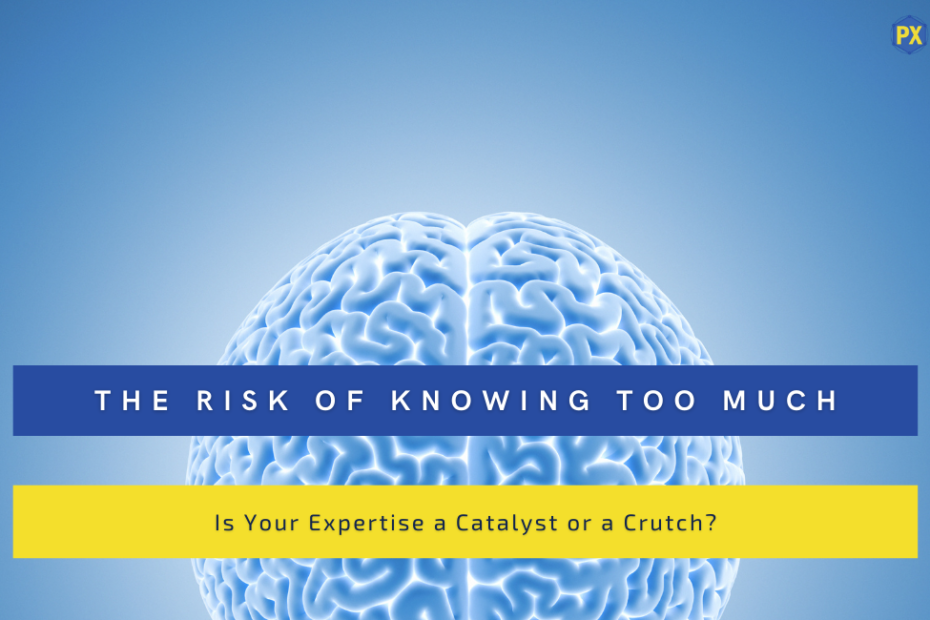Medical professionals may use their expertise as a sort of crutch that keeps them from learning a new way of thinking or of doing. Is your knowledge actually keeping you from progressing in your field and providing better experience for your patients?
I’ve been reading The Premonition, author Michael Lewis’ latest book that delves into the warning signs we had a full decade before the pandemic came to be in the winter of 2019-2020. His highly engaging writing style (The Blindside, Moneyball, The Big Short) illuminates how the world’s best epidemiologists missed some basic assumptions in their modeling of how virus transmission is likely to occur. Their sophisticated modeling was inferior to one created by a student for her high school science fair (with some help from her scientist Dad).
The need for keeping people apart – we now know this as “social distancing” – was recognized well over a decade ago. The amateur model recognized that school-age students who spend their days in classrooms, hallways and buses are typically sitting or standing much closer to one another than adults at work or on public transportation.
“The experts forgot that they were once children,” exclaimed one of the protagonists in the book. In doing so, they missed what ended up being a critical factor in how quickly a virus can spread. And that’s a big miss that could have been costly on many levels.
Is Your Expertise a Crutch?
Is it any different in our lives and our own areas of expertise? I don’t think so. Over time, I’ve noticed that people tend to use their expertise as a sort of crutch that keeps them from learning a new way of thinking or of doing.
I think it helps explain why some doctors are resistant to change, especially when it comes to the patient experience. Typically, the medical professionals I work with fall into one of three categories:
- They believe in PX and want help to figure out what works in their practice
- They believe in PX and also believe they’re already doing a good job
- They don’t believe in PX, especially when it comes to medicine
I get a lot of juice working with those in the first category. For those in the third category, I wrote a book, Beyond Bedside Manner, that hopefully will influence the reader and convince them of the importance of PX.
It’s the doctors in the middle that I worry about the most. Like those epidemiologists, they think they already know the answers and that they’ve got their bases covered.
“We already give good customer service” is a typical refrain from those in this group, which isn’t limited to doctors. CEOs of major companies are guilty of this same offense, as highlighted in this video insight from Beyond Bedside Manner.
Overcoming the Expertise Bias
My main question to those who think they’re doing a good job in the eyes of their customer is, “how do you know?”
Customer surveys are good tools that should be part of the standard operating procedure. An even better method is to solicit unbiased feedback by hiring a mystery shopper. This is a normal business practice in most industries, where learning from an independent source who’s willing to point out the weaknesses is how performance gets measured and improved. A search online will help you identify local resources; you can search from this national directory of mystery shopping organizations. In the past, when our firm did this on behalf of clients, we measured 28 variables on phone calls and 142 aspects of in-person visits. Granularity is a must if you want to identify service defects with specificity.
Having somebody hold up a mirror to honestly reflect what’s happening is the only way to overcome the biases that come from our patients, our staff or our own minds.

